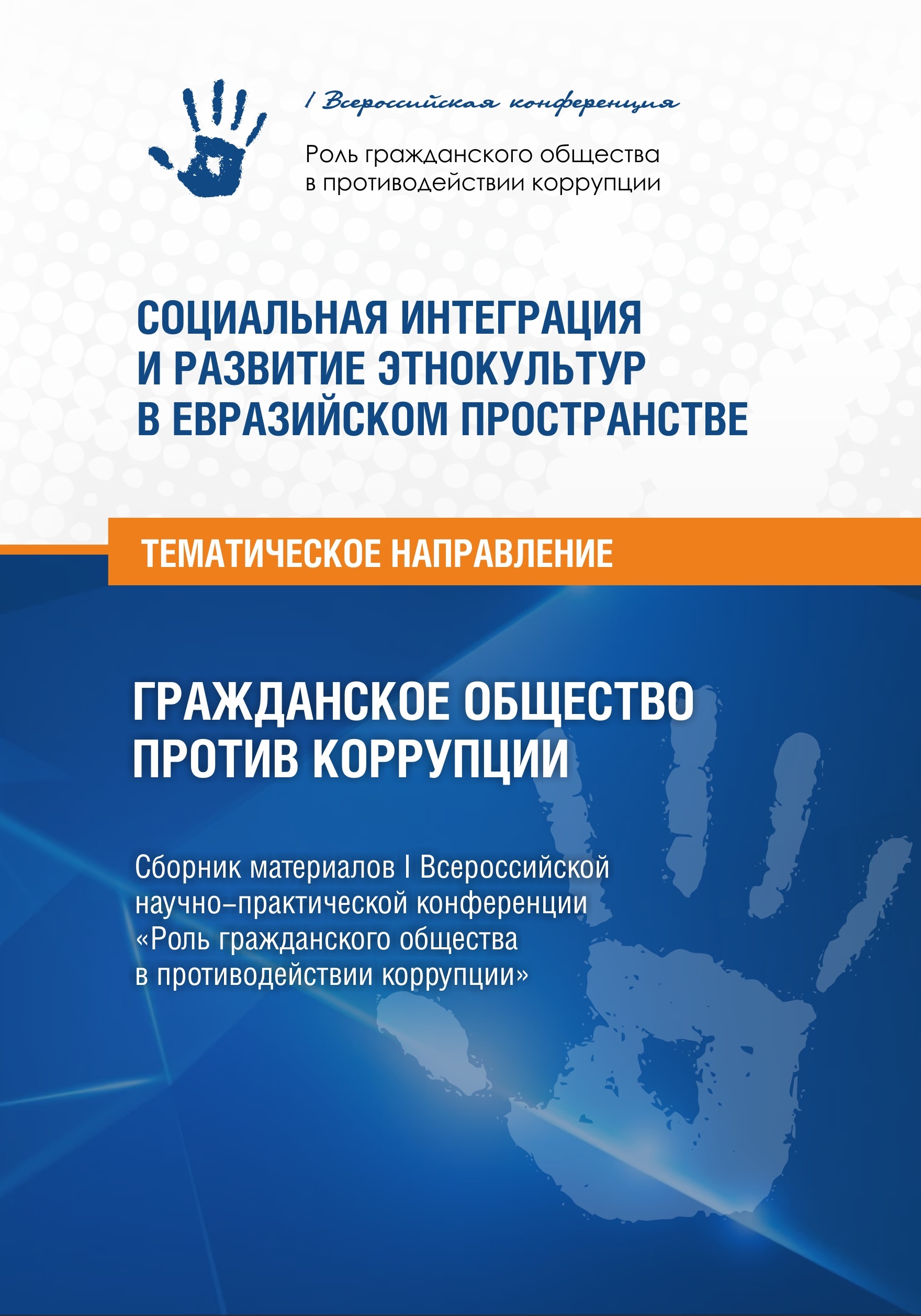SOCIAL PERCEPTION OF THE BRIBERY AS A CONDITION OF CORRUPTOR’S SAFETY
Main Article Content
Abstract
A paper describes the evaluation of the corruptor’s quilt: as the givers as the receivers. Basing on the Decision tree method we argued about social evaluations of the corruptor’s guilt. Sociological research among rural and urban population of the Altai region (2018, n = 1073) at the age of 15 – 75 years. Concluding, the higher the bribe amount, respondent’s income and more relevant bribe experience, the more people inclined to shift the blame for corruption to the receiver of informal goods. If respondent has no bribe or making gifts experience, of gave only «small» bribes, having no negative effect for the household’s budget, he / she considers that the bribe is the guilt of both sides. In total, social blame of corruptors is not evident in society, people are rather tolerant to bribes, use of personal networks to accelerate or receive state or municipal services at the best level. All these may be considered as a factor of legal and social-psychological safety for corruptors, as the givers as the receivers.
Downloads
Article Details

This work is licensed under a Creative Commons Attribution-NonCommercial-NoDerivatives 4.0 International License.
References
Леднева А. В. Личные связи и неформальные сообщества: трансформация блата в постсоветском обществе. // Мир России. 1997. № 2. С. 89–106.
Girling J. Corruption, Capitalism and Democracy. London: Routledge, 1997.
Malinowski B. Argonauts of the Western Pacific. New York: Dutton & Co. Inc., 1961.
Mauss M. The Gift: The Form and Reason for Exchange in Archaic Societies. London: Routledge, 1990.
Pope J. National Integrity Systems: The TI source book. Washington DC: TI and EDI, 1997.
Sahlins M. Stone Age Economics. London: Routledge, 1972.
Yan Y. The Flow of Gifts: Reciprocity and Social Networks in a Chinese Village. California: Standford University Press, 1996.
Yang M. M. H. The gift economy and state power in China // Society for Comparative Study of Society and History. 1989. Vol. 31, no. 1.

